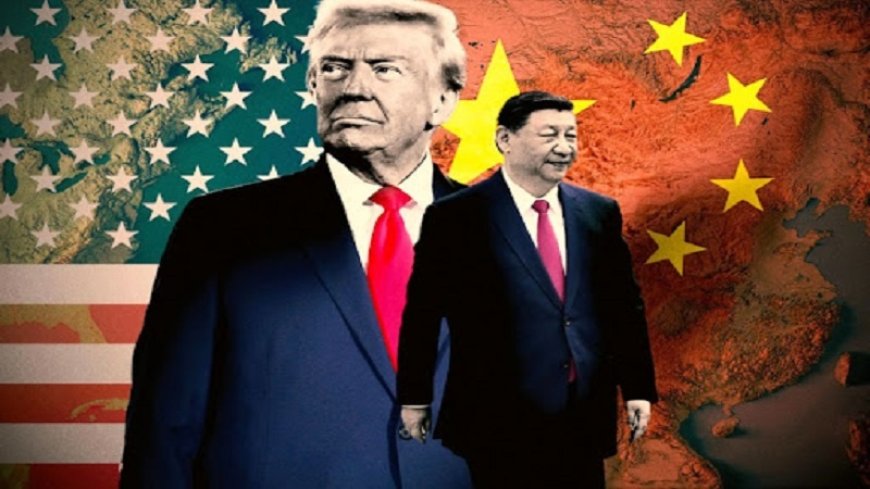China and the European Union respond to Trump's tariff threats
Chinese Foreign Ministry spokesperson Mao Ning, responding to Trump's statement, said: "We have always believed that there are no winners in a trade or tariff war, and China will resolutely safeguard its national interests."

US President Donald Trump's latest tariff threats against China and the European Union have caused a stir worldwide. While Canada and Mexico were already in the spotlight, Trump is now extending his trade strategy to other global players
The escalation of trade conflicts by the USA under the leadership of President Donald Trump has reached new dimensions. Having already targeted Canada and Mexico, Trump's attention is now turning to China and the European Union. This development could have far-reaching consequences for global markets, as experts warn of increased volatility.
On his second day in office, Trump made it clear that he is prepared to erect trade barriers in order to achieve his economic policy goals. The focus is particularly on China, which could be hit with a 10% tariff due to fentanyl deliveries to Canada and Mexico. February 1 has been mentioned as a possible date for the introduction of these tariffs.
The European Union will not be spared either. Trump criticized the trade deficit of 350 billion dollars and also declared the EU a potential target for new tariffs. These announcements are strongly reminiscent of Trump's election campaign slogans, but no concrete measures have been taken so far. A review of trade practices is due to take place by April 1, giving the countries concerned time to respond to Trump's demands.
China has already reiterated its protest against the threatened tariffs. A Foreign Ministry spokeswoman emphasized that there are only losers in a trade war. At the same time, Chinese Vice Premier Ding Xuexiang explained that China wants to expand its imports and is not aiming for a trade surplus.
The reactions on the markets were not long in coming. Chinese equities recorded losses following Trump's comments, with the CSI 300 Index and the Hang Seng China Enterprises Index falling. These developments show how sensitive the markets are to political decisions.
Trump's threats to Canada and Mexico were also highlighted. He argued that these measures are not aimed at renegotiating the joint free trade agreement, but at curbing illegal immigration and drug trafficking. However, the legal basis for these tariffs remains unclear.
Experts such as Xin-Yao Ng from abrdn Plc in Singapore warn of the possible consequences of this policy. Even if the threatened tariffs appear more moderate than announced during the election campaign, they send a clear signal. Trump's latest moves show that he is determined to put trade issues on his agenda, even if current measures are merely preparations for potential future trade barriers.













































